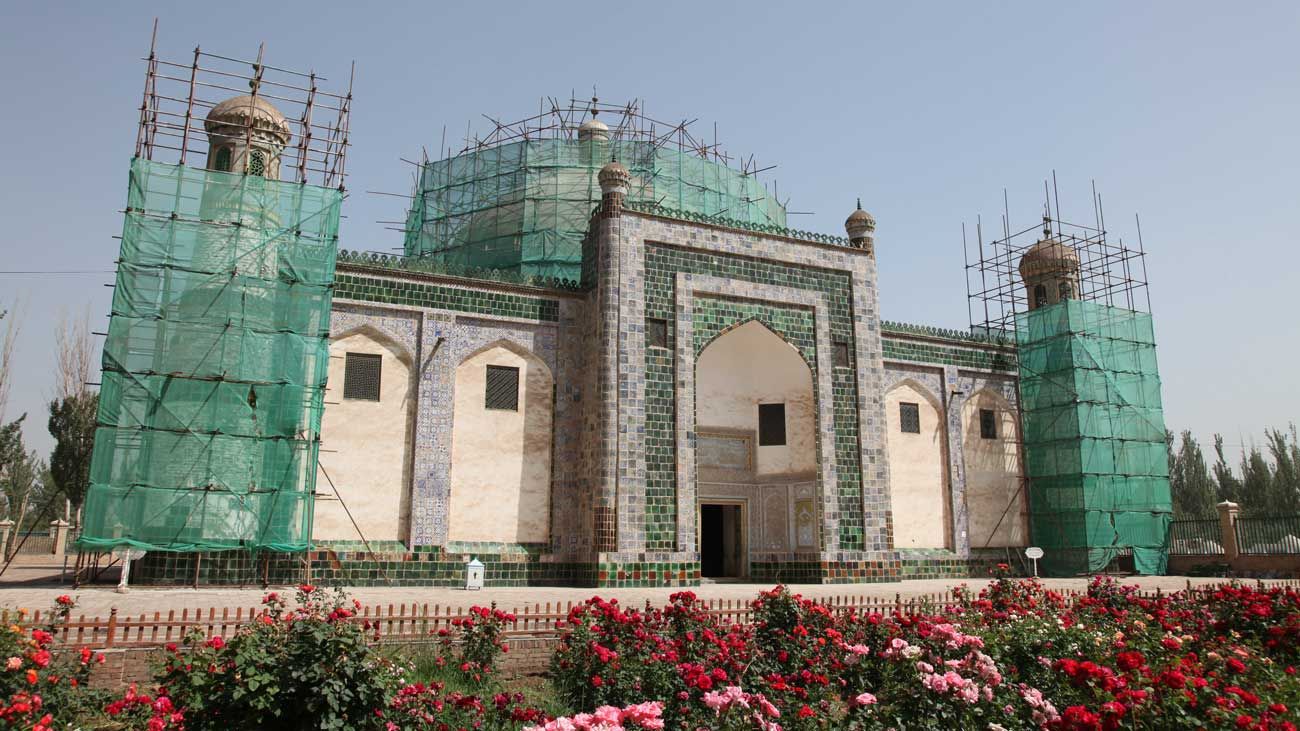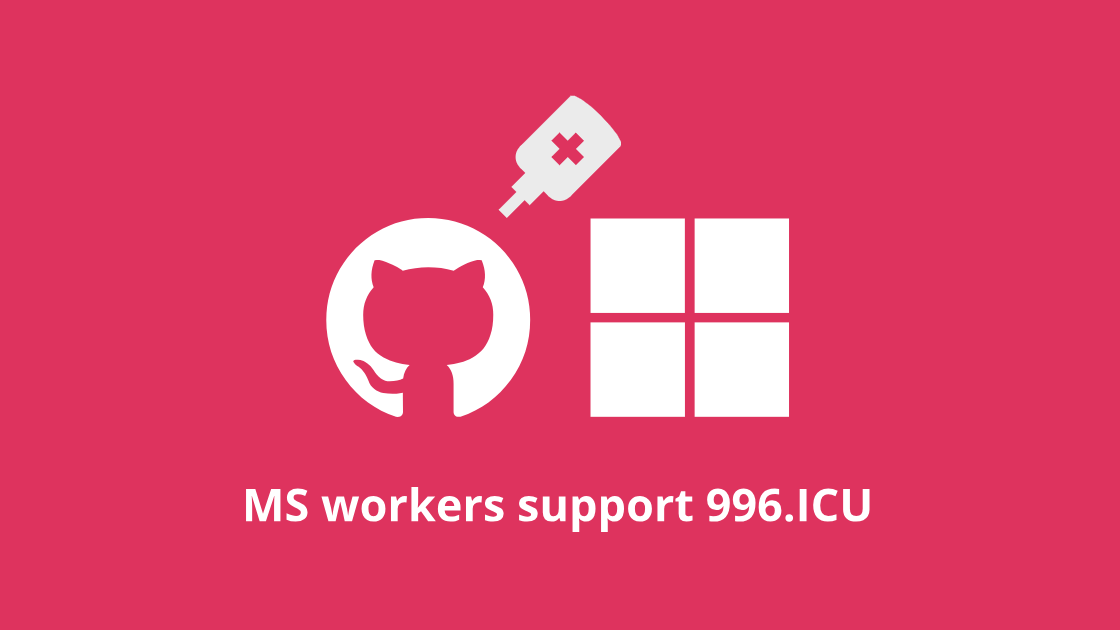Blood Lineage / 血统
Bloodline, or lineage, has been a political ideology of many monarchical regimes and aristocratic societies throughout history. The rise of nationalism in Europe in the seventeenth and eighteenth centuries paralleled the discourse of purity and authenticity of one’s blood/race. In the context of national formation, blood is a metaphor for race, ethnicity, and sexuality that […]












